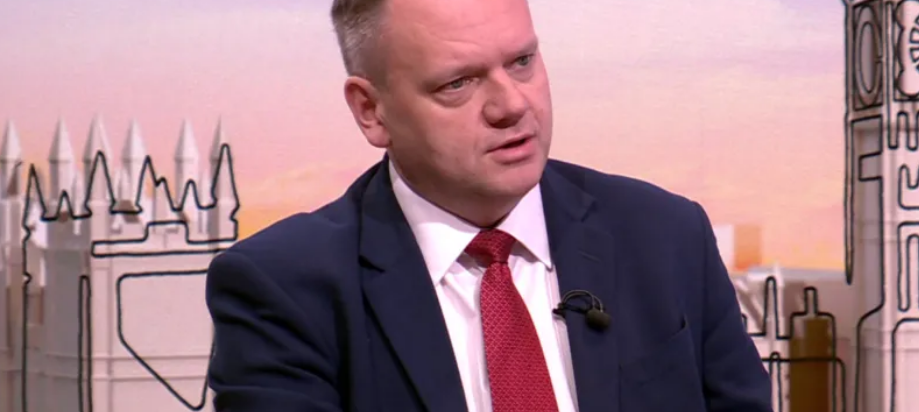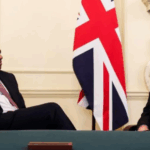British travellers may soon regain access to fast-track e-gates at EU airports, as final negotiations for a wide-ranging UK-EU agreement continue ahead of a landmark summit in London.
European Relations Minister Nick Thomas-Symonds confirmed on Sunday that the government is actively pushing for a deal that would reduce airport border queues for UK passport holders, calling it “a very sensible objective.” The proposal is one of several under discussion at what will be the first bilateral UK-EU summit since Brexit.
Prime Minister Sir Keir Starmer is set to host European Commission President Ursula von der Leyen and European Council President Antonio Costa in London on Monday. Starmer has called the meeting a “really significant moment,” with announcements expected on defence, trade, and mobility.
Among the most notable items under negotiation is British access to the EU’s €150 billion defence fund, a move seen as a potential boost for UK defence companies. Other anticipated components of the agreement include reducing red tape on food imports and exports, and establishing a youth mobility scheme between the UK and EU.
Describing talks as being in “the very final hours,” Thomas-Symonds stressed that the UK is approaching the negotiations with “ruthless pragmatism,” focusing on jobs, lower household bills, and stronger borders. He said any financial contributions to EU programmes would be assessed individually.
On the question of regulatory alignment, the minister said the UK may choose to follow some EU standards to ease trade barriers, emphasising that this would be “a sovereign choice.” However, Conservative MP Alex Burghart expressed concern that such a move could make Britain a “rule taker,” undermining one of the core principles of Brexit.
Burghart warned that if the UK agrees to “dynamic alignment” — maintaining equivalent regulations without having a say in how they are set — it would amount to “a surrender of some of Britain’s sovereignty.”
A proposed youth mobility scheme, allowing young people to work and travel more easily between the UK and EU, has sparked debate. Thomas-Symonds insisted the plan would be “smart and controlled” and not a return to freedom of movement. He declined to confirm whether the scheme would include a cap or time limits, but emphasised that “control” was vital.
Liberal Democrat MP Calum Miller criticised the government for not going further in rebuilding ties with Europe. He argued that a customs union could offer long-term economic benefits and reduce bureaucracy, potentially generating £25 billion in value for UK businesses.
Meanwhile, Reform UK leader Nigel Farage condemned the emerging deal, claiming it could undermine Brexit by reintroducing free movement and extending EU fishing rights. He warned that any defence alignment under an EU flag would be unacceptable.
Full details of the agreement are expected to be announced following Monday’s summit.

















